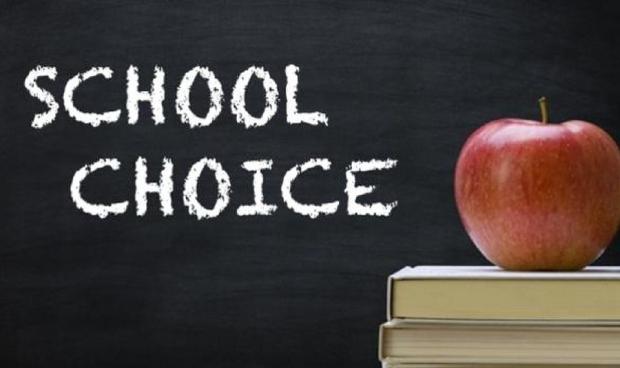
Breaking News
Importing Poverty into America: Devolving Our Nation into Stupid
 Grand Theft World Podcast 273 | Goys 'R U.S. with Guest Rob Dew
Grand Theft World Podcast 273 | Goys 'R U.S. with Guest Rob Dew
 Anchorage was the Receipt: Europe is Paying the Price… and Knows it.
Anchorage was the Receipt: Europe is Paying the Price… and Knows it.
 The Slow Epstein Earthquake: The Rupture Between the People and the Elites
The Slow Epstein Earthquake: The Rupture Between the People and the Elites
Top Tech News
 Drone-launching underwater drone hitches a ride on ship and sub hulls
Drone-launching underwater drone hitches a ride on ship and sub hulls
 Humanoid Robots Get "Brains" As Dual-Use Fears Mount
Humanoid Robots Get "Brains" As Dual-Use Fears Mount
 SpaceX Authorized to Increase High Speed Internet Download Speeds 5X Through 2026
SpaceX Authorized to Increase High Speed Internet Download Speeds 5X Through 2026
 Space AI is the Key to the Technological Singularity
Space AI is the Key to the Technological Singularity
 Velocitor X-1 eVTOL could be beating the traffic in just a year
Velocitor X-1 eVTOL could be beating the traffic in just a year
 Starlink smasher? China claims world's best high-powered microwave weapon
Starlink smasher? China claims world's best high-powered microwave weapon
 Wood scraps turn 'useless' desert sand into concrete
Wood scraps turn 'useless' desert sand into concrete
 Let's Do a Detailed Review of Zorin -- Is This Good for Ex-Windows Users?
Let's Do a Detailed Review of Zorin -- Is This Good for Ex-Windows Users?
 The World's First Sodium-Ion Battery EV Is A Winter Range Monster
The World's First Sodium-Ion Battery EV Is A Winter Range Monster
 China's CATL 5C Battery Breakthrough will Make Most Combustion Engine Vehicles OBSOLETE
China's CATL 5C Battery Breakthrough will Make Most Combustion Engine Vehicles OBSOLETE
Study Finds School Choice Closes Low-Income Student Performance Gap

The findings of the Progressive Policy Institute's (PPI's) October report underscore the positive impact of public charter schools in driving academic improvements across entire school districts, not just for students attending charter schools.
According to the report, the achievement gap between low-income students and their counterparts in Camden, New Jersey, which had 68 percent of students enrolled in charter schools by 2023, was reduced by 42 percent between the 2010–2011 and 2022–2023 school years.
From 2011 to 2023, the proportion of students attending charter schools in Camden increased, resulting in an increase of more than 20 percent in low-income pupil performance.
The report discovered that the gap in Washington closed by 38 percent during the same period, with 45 percent of pupils enrolled in charter schools.
In Indianapolis, the gap narrowed by 23 percent, with 58 percent of pupils attending charter schools.
The report indicates that nonwhite students are among the most significant beneficiaries of school choice, accounting for 70 percent of charter school pupils in the cities surveyed, despite only making up approximately half of the district.
Charter schools are publicly funded, tuition-free, and accessible to all students.
However, they differ from traditional public schools in their operational flexibility and governance.
Charter schools are subject to the same federal laws regarding nondiscrimination and admission, but they have a greater degree of autonomy over their curriculum, personnel, and scheduling.
Because of the increased self-governance, charter schools can customize and innovate their educational programs to accommodate the unique requirements of their student bodies.
The report emphasizes the substantial increases in academic performance observed in cities with a significant number of charter schools, particularly among low-income students.



